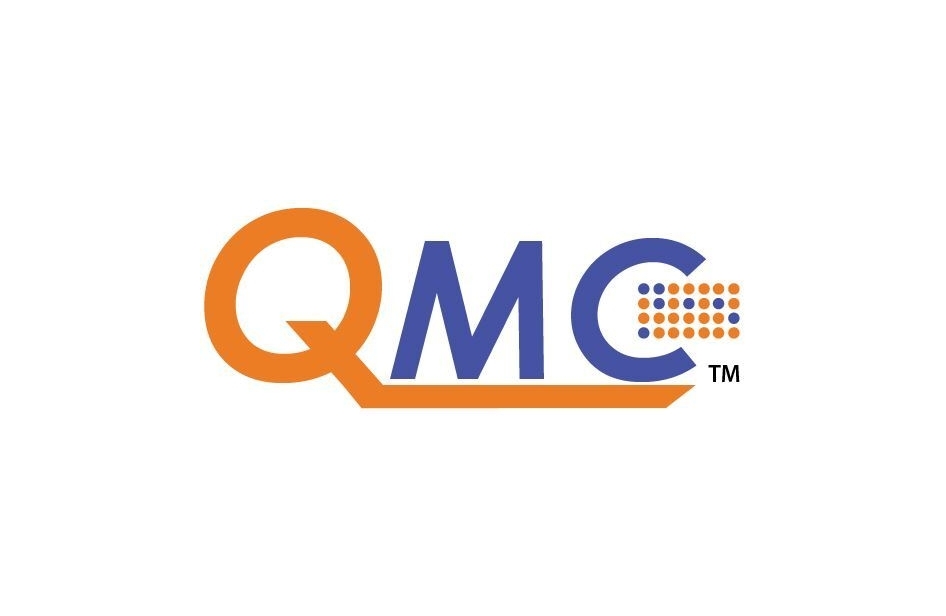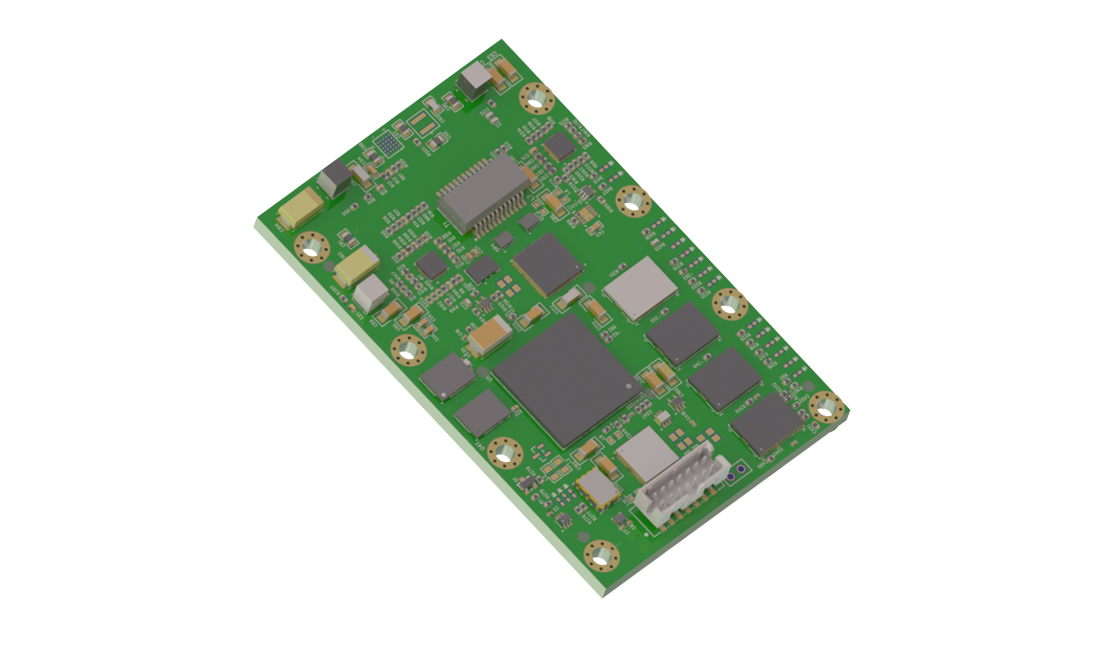| YAL-1A, a modified Boeing 747-400F known as the Airborne Laser, lands on Runway 22 here in its return to the Air Force Flight Test Center in December after undergoing modifications at Boeing’s facilities in Wichita, Kan. Since the aircraft’s return, the Airborne Laser began a long-term test phase that includes the test firing of the aircraft’s low-power lasers in flight for the first time. (Courtesy photo) |
EDWARDS AIR FORCE BASE, Calif., Dec. 01, 2008 — The Boeing Company [NYSE: BA], industry teammates and the U.S. Missile Defense Agency last week fired a high-energy laser through the Airborne Laser’s (ABL) beam control/fire control system, completing the first ground test of the entire weapon system integrated aboard the aircraft.
During the test at Edwards Air Force Base, the laser beam traveled through the beam control/fire control system before exiting the aircraft through the nose-mounted turret. The beam control/fire control system steered and focused the beam onto a simulated ballistic-missile target.
“This test is significant because it demonstrated that the Airborne Laser missile defense program has successfully integrated the entire weapon system aboard the ABL aircraft,” said Scott Fancher, vice president and general manager of Boeing Missile Defense Systems. “With the achievement of the first firing of the laser aboard the aircraft in September, the team has now completed the two major milestones it hoped to accomplish in 2008, keeping ABL on track to conduct the missile shootdown demonstration planned for next year.”
Michael Rinn, Boeing vice president and ABL program director, said the next step for the program is a series of longer-duration laser firings through the beam control/fire control system.
“Once we complete those tests, we will begin demonstrating the entire weapon system in flight,” Rinn said. “The team is meeting its commitment to deliver this transformational directed-energy weapon system in the near term.”
The program has logged many accomplishments over the past several years. In 2005, the high-energy laser demonstrated lethal levels of duration and power in the System Integration Laboratory at Edwards. In 2007, ABL completed numerous flight tests that demonstrated its ability to track an airborne target, measure and compensate for atmospheric conditions, and deliver a surrogate high-energy laser’s simulated lethal beam on the target. In September 2008, the team achieved “first light” by firing the high-energy laser into a calorimeter aboard the aircraft.
Boeing is the prime contractor for ABL, which will provide speed-of-light capability to destroy all classes of ballistic missiles in their boost phase of flight.
The ABL aircraft is a modified Boeing 747-400F whose back half holds the high-energy laser, designed and built by Northrop Grumman. The front section of the aircraft contains the beam control/fire control system, developed by Lockheed Martin, and the battle management system, provided by Boeing.







